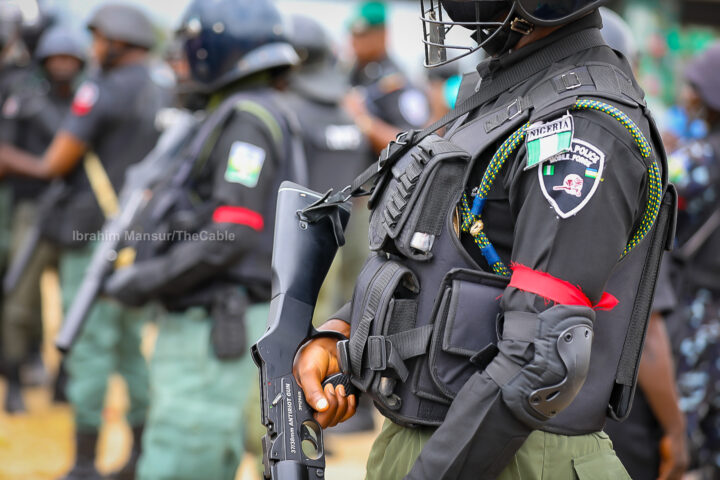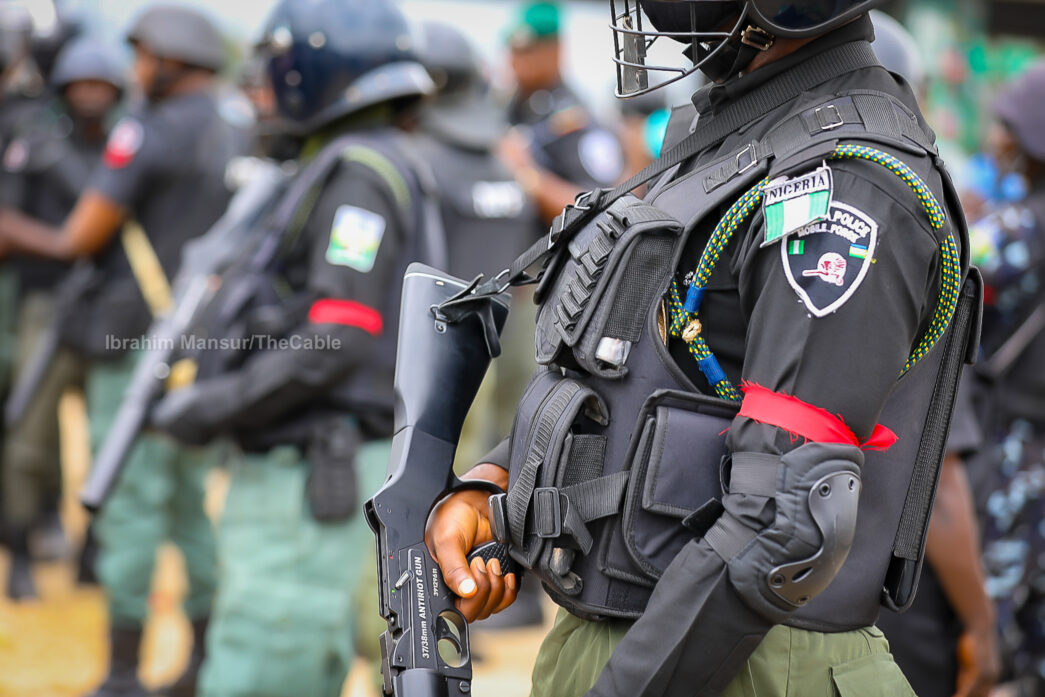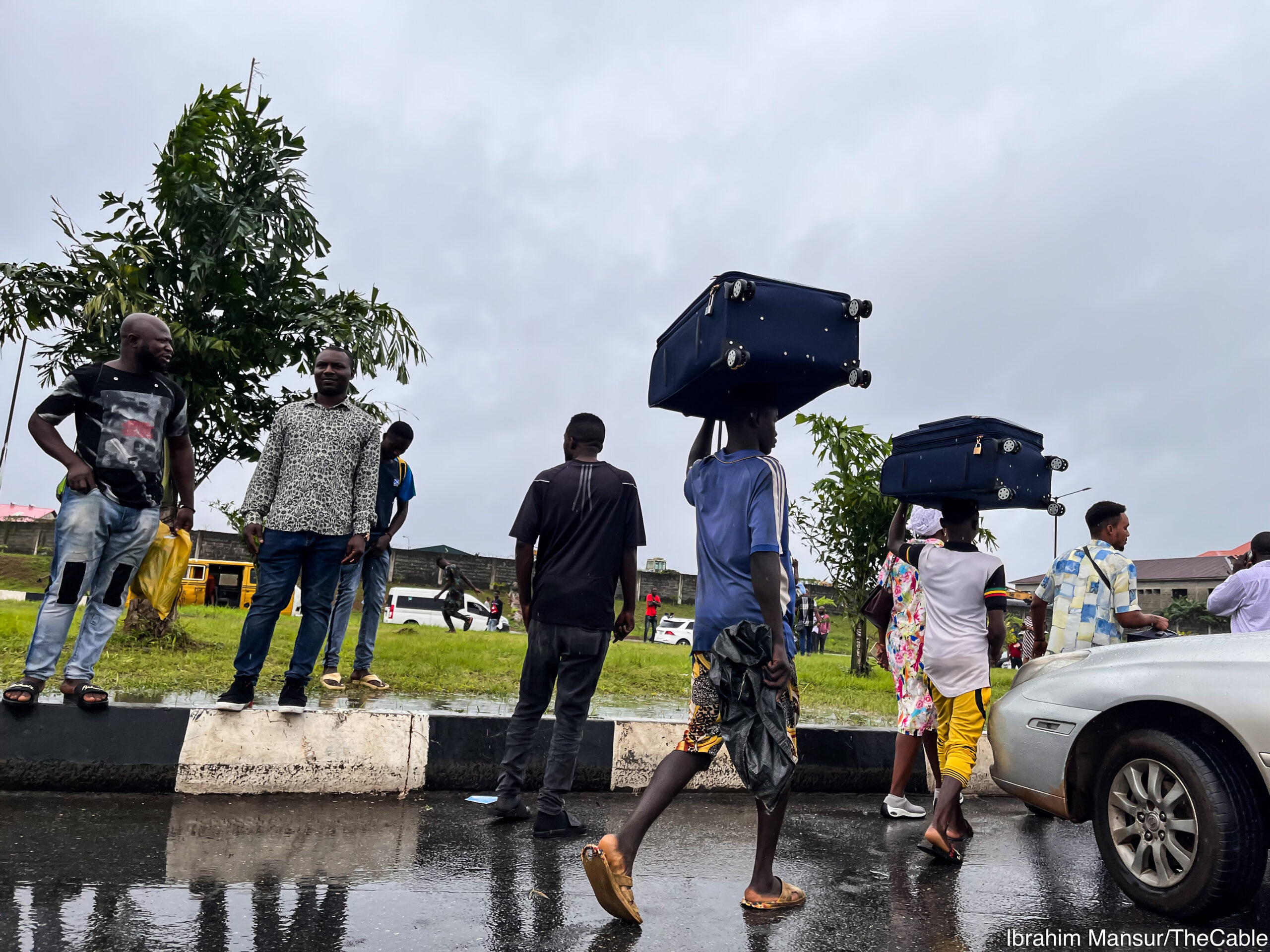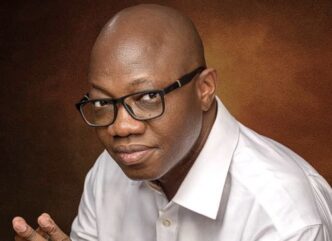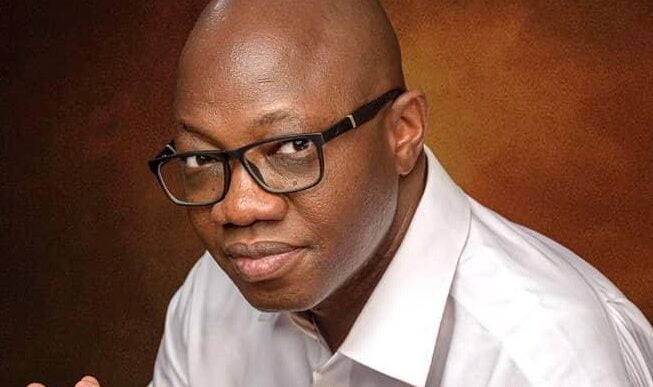BY TAIWO MUSTAPHA
The surge of violent attacks in Plateau and Benue states represents a deeply troubling escalation of insecurity in Nigeria. Reports of mass killings, the displacement of families, and the devastation of homes paint a stark picture of communities living in constant fear. My heart goes out to those who have lost loved ones in these senseless acts of violence, and I extend my deepest sympathies to families grappling with unimaginable pain and loss.
According to the Red Cross and Amnesty International, over 50 lives were lost in a recent attack, while Amnesty International also reported that between December 2023 and February 2024, about 1,336 people were killed in Plateau alone. These statistics illustrate the scale and frequency of the violence, demanding a swift and decisive response from the Nigerian government.
While narratives often point to farmer-herder clashes, exacerbated by climate change and competition for resources, evidence increasingly suggests that organised criminal groups and ethnic militias may be exploiting these tensions for their own agendas. The level of sophistication and coordination observed in some attacks points to a deliberate, calculated effort that goes beyond spontaneous communal clashes.
Advertisement
How did we reach this critical point? The inability to protect vulnerable communities in Plateau and Benue is a glaring indictment of Nigeria’s current security architecture. With approximately 370,000 police personnel, the centralised Nigerian Police Force falls short of the recommended police-to-citizen ratio of 1:450 by the United Nations. This overstretched workforce often lacks local knowledge and the rapid-response capabilities essential to addressing crises of this magnitude. Consequently, public trust continues to erode, leaving affected communities feeling abandoned and compounding their grief.
The government’s initial responses, limited to condemnation and promises of investigation, have done little to reassure those who have lost loved ones and livelihoods. What is needed now is concrete action that reflects a genuine commitment to the safety and security of all citizens, alongside a tangible sense of justice for the victims and their families.
A critical component of this effort lies in implementing state police forces. The current centralised system struggles to address localised security challenges across Nigeria’s complex and diverse landscape. State police, equipped with better local intelligence, could respond more effectively to threats and foster trust within communities. Although concerns about potential political misuse are valid, these can be mitigated through robust legal frameworks, accountability mechanisms, and oversight bodies designed to prevent abuse. The benefits of a localised, responsive police force in resolving the current crisis cannot be overstated.
Advertisement
To further enhance Nigeria’s security, collaboration with the private sector must also be considered. Drawing inspiration from systems like the University of Florida’s Alert mechanism in Gainesville, Florida, Nigeria Police could develop a widespread alert system utilising network providers such as MTN, Airtel, and Glo. This system would enable rapid dissemination of critical information about imminent threats, ongoing attacks, and safety instructions directly to citizens’ mobile devices in affected areas.
The situation in Plateau and Benue demands more than just words of condemnation. It calls for a fundamental shift in approach to proactive security measures, a commitment to addressing root causes, genuine community engagement, political will, and strategic partnerships with the private sector.
For the sake of the lives tragically lost and the countless others who continue to live in fear, failure to act decisively will embolden perpetrators and further destabilise the nation. Now is the time for bold and transformative action to protect innocent lives, deliver justice to the bereaved, and restore peace and security to Nigeria as a whole.
Taiwo O. Mustapha writes from Florida, US. He can be contacted via [email protected]
Advertisement
Views expressed by contributors are strictly personal and not of TheCable.
